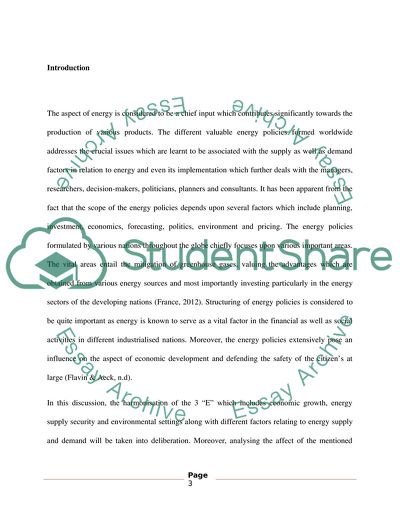Cite this document
(International Energy Policies Term Paper Example | Topics and Well Written Essays - 2000 words, n.d.)
International Energy Policies Term Paper Example | Topics and Well Written Essays - 2000 words. Retrieved from https://studentshare.org/politics/1601433-international-energy-policies
International Energy Policies Term Paper Example | Topics and Well Written Essays - 2000 words. Retrieved from https://studentshare.org/politics/1601433-international-energy-policies
(International Energy Policies Term Paper Example | Topics and Well Written Essays - 2000 Words)
International Energy Policies Term Paper Example | Topics and Well Written Essays - 2000 Words. https://studentshare.org/politics/1601433-international-energy-policies.
International Energy Policies Term Paper Example | Topics and Well Written Essays - 2000 Words. https://studentshare.org/politics/1601433-international-energy-policies.
“International Energy Policies Term Paper Example | Topics and Well Written Essays - 2000 Words”. https://studentshare.org/politics/1601433-international-energy-policies.


